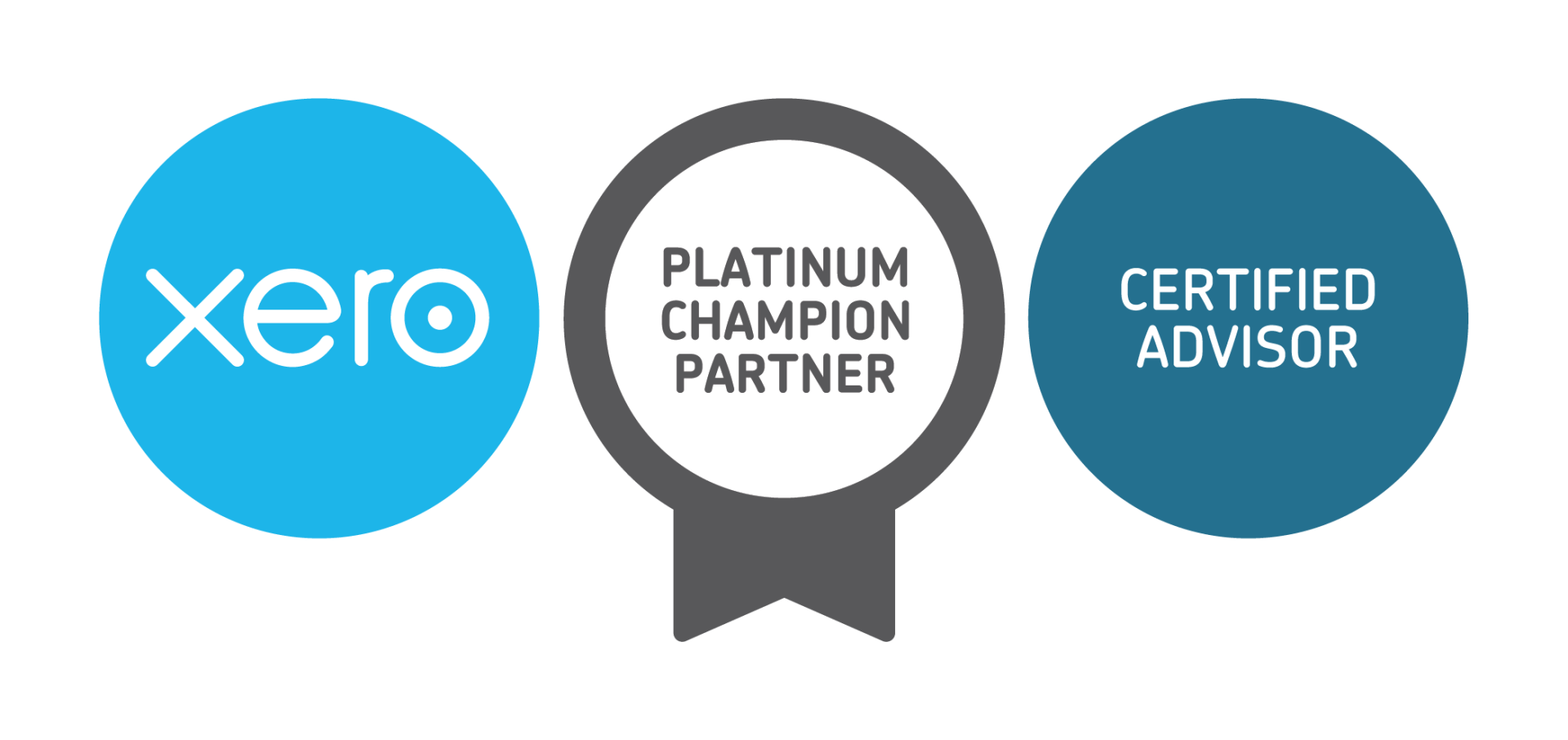How To Protect Your Assets And Limit Liabilities

What is the right Australian business structure for your business? Sole trader, company, trust or partnership?
It is not an easy decision to make; the wrong choice could be costly and put your assets at risk. So taking the time to evaluate your choices and make the right one is well worth it in the long run.
It does not matter who you are, if you have owned several businesses before or not – selecting the right business structure is an important task. Each structure has its own advantages and disadvantages, some more than others. Many business owners skip past this process which can result in them not utilising the most tax effective structure and mixing their personal and business assets into one.
When deciding what business structure that suits you, four important issues to consider are:
1. If you plan to have partners/investors in your business.
2. The administration costs of maintaining your business structure.
3. Your personal liability exposure from your business products and services.
4. The tax effectiveness of the business structure.
So what's the best business structure for you? We have put together some pros and cons of each business structure.
What are the different business structure options?
For Australian businesses there are four main options for structuring your business.

1) Sole Trader
Being a sole trader is the most basic and inexpensive structure you can choose for your business. It is meant for those that are the sole owners of their business. It preserves your right to make all the decisions for your business, but it can blur the division between business and personal assets.
Compared to the other business structures, the costs and setup process for becoming a sole trader are minimal. While long-term administration costs may be cheaper, this structure may not be the best structure to own your assets.
We must stress the downside, being a sole trader can put your personal assets at risk
. If worst comes to worst with your business, your personal assets (including your house) could be used to pay any shortfall in business costs (eg Liabilities,Tax).
Being a Sole Trader may not be the most tax effective business structure.
2) Pty Ltd Company
If you have serious ambitions of starting and growing your business, then a Pty Ltd Company structure needs to be considered. A Pty Ltd Company is a separate legal entity. This structure enables you to separate your business operations and assets from your personal assets. If you make any wrong decisions in your business, your personal assets may be protected.
However for this to work, you need to keep your personal assets separate from business assets. That includes separate personal and business accounts, and not putting your family home in your company name (which is a big
NO).
A Pty Ltd Company has a Constitution which sets out how your business will be managed and the voting rights.
You can be the sole shareholder or want numerous shareholders for your business. Usually all shareholders are able to vote on any major decisions for the business.
A company structure is required to abide by the rules as set out in the Australian Corporations Act which is administered by Australian Securities and Investments Commission.
So what's the catch? Well the ongoing costs of using the company structure are the highest out of the four main structures.
Incorporating (setting up) your Pty Ltd Company will be approximately $1500 and has additional annual administration cost compared to the other structures.
If you no longer require your company structure it can be costly to wind up this structure.
 3) Partnership
3) Partnership
In the case of having a business partner that you trust and have a rapport with, partnership could be a suitable choice. The low costs of setting up and maintaining a partnership structure is one its most attractive features.
However, there is minimal protection of personal assets if your business operations does not work out.
If your business has any debt or is under a lawsuit, you are personally liable for those decisions your business made. Even worse, while a partnership allows you to merge assets with your partner, this can backfire and make you liable for your partners' debts as well.
Because of this, it is essential that before going ahead with a partnership you get a thorough understanding of your partner's financial status, as well as professional advice.
4) Trust Structure
One of the oldest legal structures ever – a trust at its core is basically an arrangement where a trustee (an overseer) acts as manager for the business, distributes funds, pays pills, makes decisions and handles the assets.
The biggest benefit of a trust is it gives you more options for how income and assets from the trust can be distributed.
The trust itself doesn't pay tax typically, instead distributing profits to the beneficiaries annually.
This allows you to take advantage of the different personal tax rates of each beneficiary, so you have some flexibility for tax planning, a benefit other business structures do not have.
The administration and set up costs are similar to a Pty Ltd Company. You need to prepare a Trust Deed which sets out the rules how to operate the trust, which is best done with the help and advice of a solicitor.
You may need to use a corporate structure to act as trustee for your trust.
Overall a trust can be a good option for tax benefits and succession planning.
Summary
At the end of the day you want to know, what is the best business structure for protecting your assets, minimising your tax implications and cost effective.
It all depends on what type of business you have, so take the time you need and do not rush into this decision. While you can always change your business structure in the future, it can affect asset protection, taxes, liabilities and ongoing costs.
The structure in which you operate your business is very important. Therefore take the time to consider each of the four business structure options. Generally everyone's business situation is unique, which is why it is always prudent to seek the professional advice before you proceed.
Want More Information About Different Business Structures & Which One Is Right For You?
If you'd like more specific advice on how we can help you structure your business in your best interest, please contact us at Murray Nankivell on admin@murraynankivell.com.au
or by phoning us on 08 8765 7777
.

About the Author - John Burgess
About Murray Nankivell
Our goal, mission and purpose are to help people reach their full financial potential professionally and personally and whatever that means for them.
We understand everyone is different which is why we're anything but your typical Accounting Practice. It's also why we've been growing our clients' businesses, minimising their tax and improving their bottom line for almost 80 years.
You see, we're well known for having a personal approach where we get to know you, what you want and what you want your business to give you first.
We have three main offices - Naracoorte, Bordertown and Murray Bridge
– as well as 11 visiting offices in Meningie, Coonalpyn, Tintinara, Lameroo, Keith, Millicent, Robe, Penola, Kingston, Nhill and Kaniva.
We're also happy to visit all areas in between on appointment so if you would like to know about the value of structuring your business the right way please call us on: 08 8765 7777
Other Murray Nankivell posts you may be interested in
• The Value Of Owning Your Business Premises
• Budgeting and Cash flow Forecasting

LEGAL
Liability limited by a scheme approved under Professional Standards Legislation.
Investngro Pty Ltd ABN 53 113 102 695 trading as Murray Nankivell Financial Planning, is an authorised representative of Count Financial Limited ABN 19 001 974 625 holder of Australian financial services licence number 227232 (“Count”). Count is owned by Count Limited ABN 111 26 990 832 of GPO Box 1453, Sydney NSW 2001. Count Limited is listed on the Australian Stock Exchange. Any taxation and accounting services are provided by Murray Nankivell and are not within the authority Count. The information on this web site is not financial product advice and is provided for information only.





